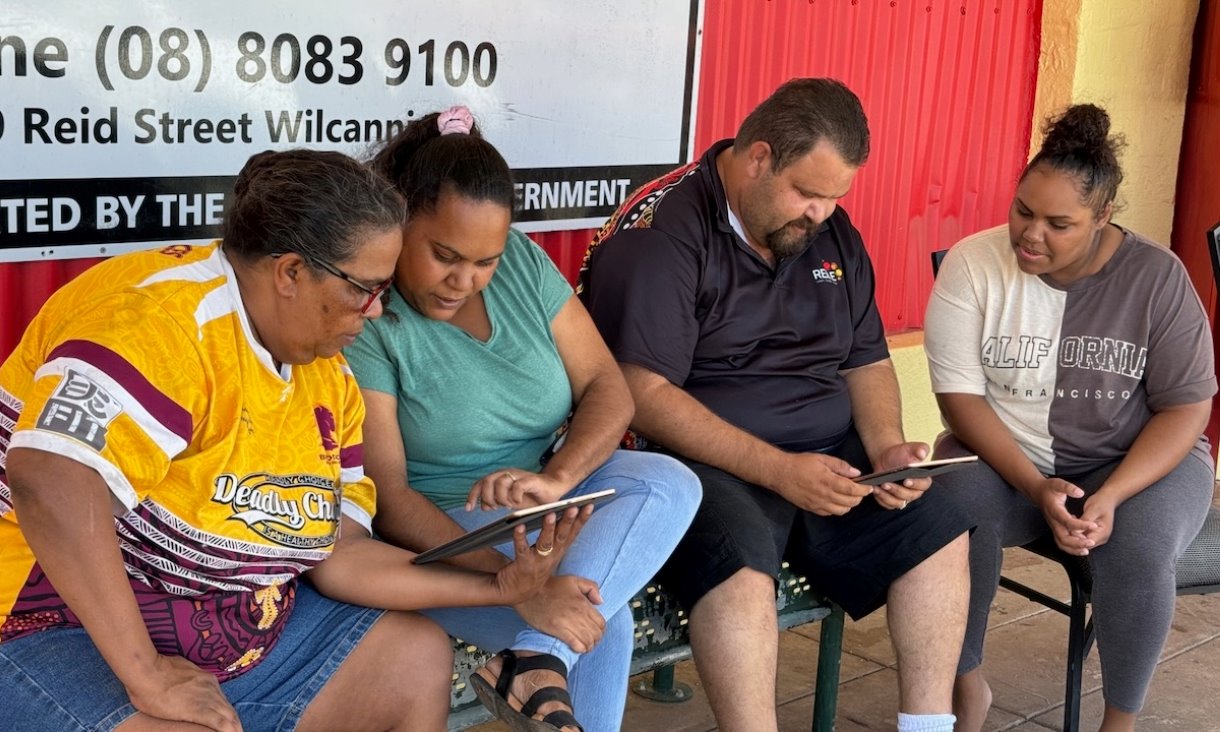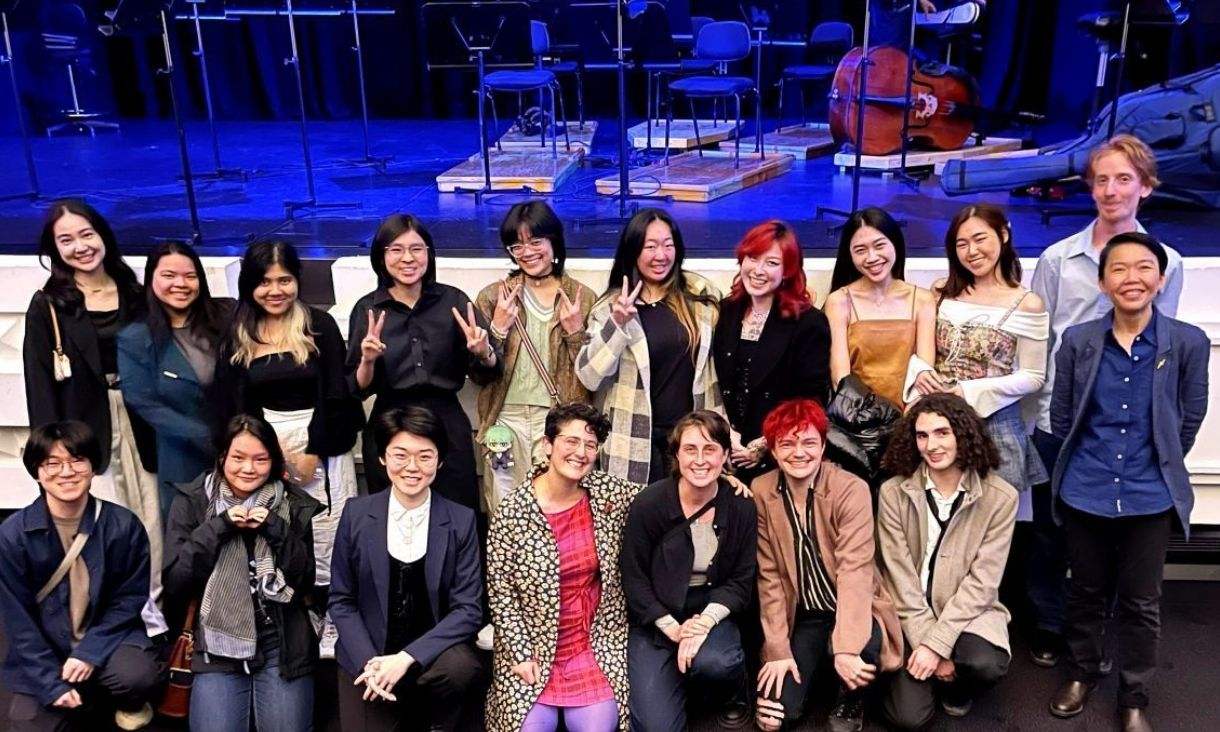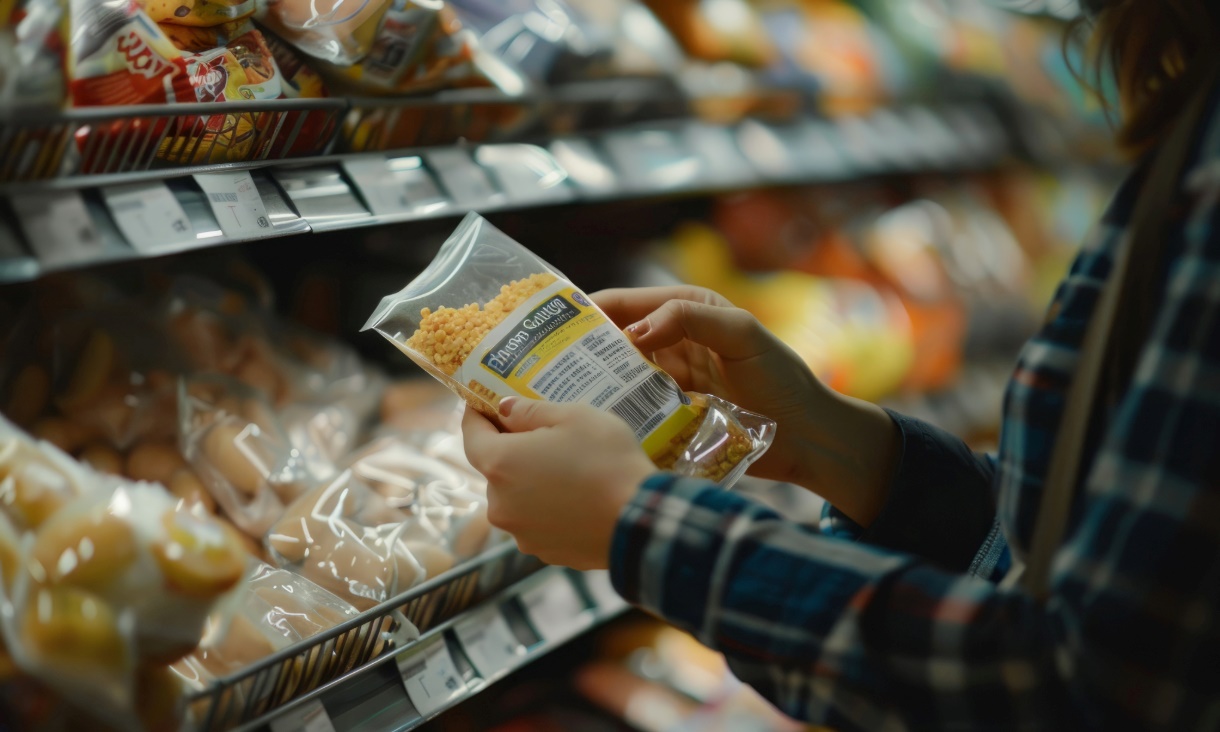The COVID-19 pandemic has led to devastating consequences for the Victorian music industry, with strict lockdown measures leading to venues closing their doors and the sound of buskers on the street falling silent.
But exactly how bad is it?
RMIT researchers are stepping in to assess the damage and help inform the rebuilding efforts by surveying Victorians who’ve worked in the creative or business side of the industry in the past year.
In conjunction with the Victorian Music Development Office and the Victorian Government, researchers are hoping to use the data to forge a new way forward, so the industry can emerge stronger out the other side.
RMIT’s Dr Catherine Strong, who’s leading the study, said while the Victorian music industry had been consolidating its place as a world leader in recent years, it was still grappling with several issues likely to be exacerbated by the lockdowns.
“Before COVID, our music industry was already facing questions on how it can ensure artists are paid enough money to live on, or how to make careers in music-making or on the business side of the industry more sustainable,” Strong, a Senior Lecturer in the School of Media and Communication, said.
“There were also critical issues around unequal access to the industry for women, non-binary people, Indigenous artists and businesspeople, and people with disabilities – to name a few.”
Victorian Minister for Women Gabrielle Williams said funding towards this project recognised the fact women had been particularly impacted by COVID-19.
“The gendered impacts of the pandemic are deeply concerning given that women are already disadvantaged in the labour market,” she said.
“With an over-representation in low-paid and insecure work, women are almost twice as likely to be underemployed, making them more vulnerable to financial insecurity and unemployment.”
“Economic security is vital to well-being; it is critical that all Victorians are supported both now and as we move towards recovery – this research will help inform and support this process for those in the music industry.”
Strong said it was vitally important the industry plan for the future.
“The danger with COVID is everybody concentrates on surviving, while addressing these accessibility and equal representation issues are pushed to the wayside, setting progress back years,” she said.
On the flipside though, Strong said artists have also been innovating, using their creative talents to reach audiences in new ways, which could be a needed turning point.
“Live music disappeared overnight but it’s meant a surge in artists using their time in isolation to do more recording, sharing directly with their fans online,” she said.
“It’s this sort of equal parts story of everyone understanding things have been trash but people’s ability to think outside the box has been quite impressive.”
Strong hoped solutions devised for the pandemic, such as easier access to live music online, would change the music scene for the better, particularly in relation to improving access for diverse social groups.
“I hope those issues are considered when the music industry is rebuilt, so more people than ever before can thrive,” she said.
Strong called on Victorian music industry workers to share their experiences during the COVID lockdown and their ideas on what a post-COVID music industry should look like.
“This is your chance to help us map the effects of the crisis and have an input into decisions being made as we open up again,” she said.
The Victorian Music Development Office’s Bonnie Dalton said recovery prioritised incumbent success while leaving behind the ones who started behind.
“We need to be mindful of the interventions that can correct that as we rebuild and this study will be an important part of that process,” she said.
The COVID-19 Music Industry Impacts Survey is open for submissions until 20 August and takes 15 minutes, with the option to sign up for a more in-depth interview.
https://www.vmdo.com.au/covid19-music-industry-impacts-study
Story: Aeden Ratcliffe




